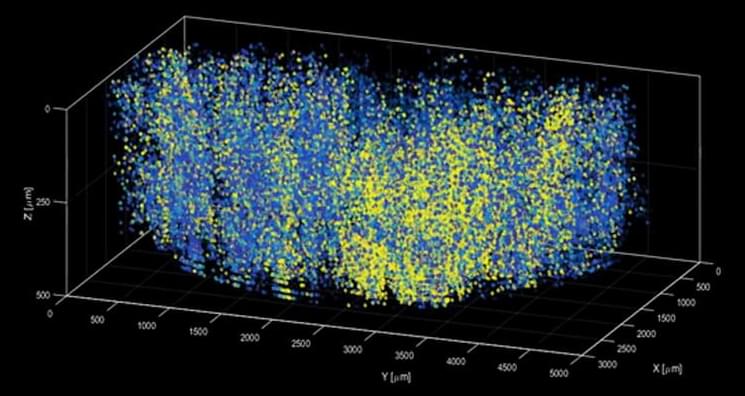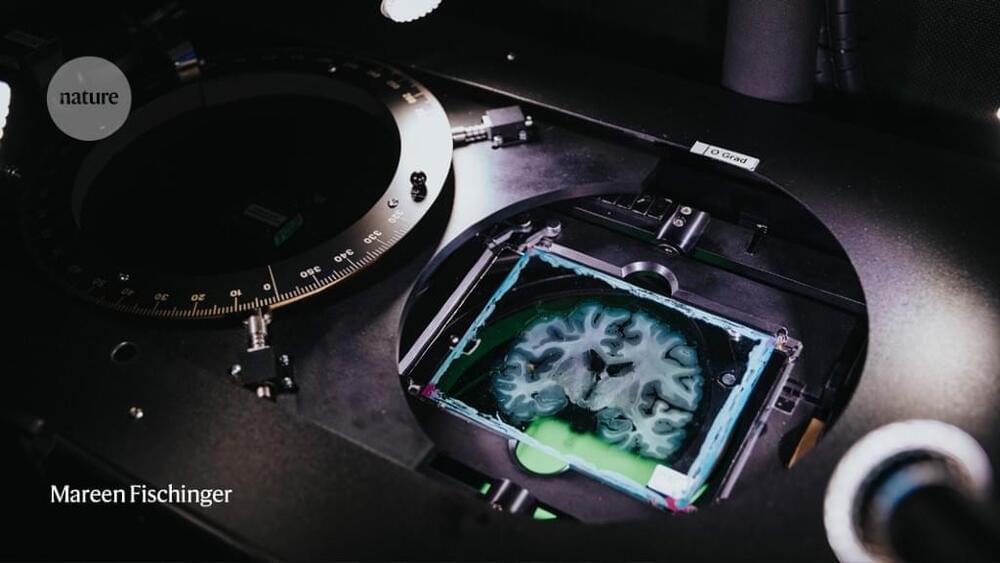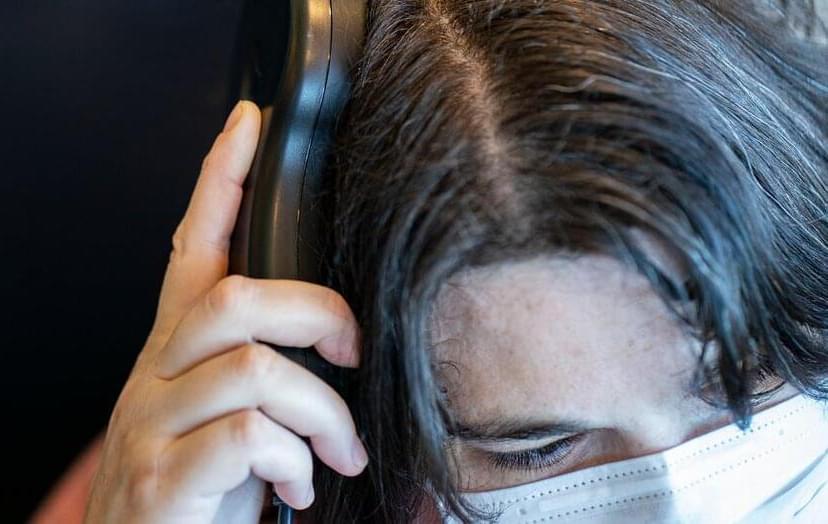It probably didn’t feel like much, but that simple kind of motion required the concerted effort of millions of different neurons in several regions of your brain, followed by signals sent at 200 mph from your brain to your spinal cord and then to the muscles that contracted to move your arm.
At the cellular level, that quick motion is a highly complicated process and, like most things that involve the human brain, scientists don’t fully understand how it all comes together.
Now, for the first time, the neurons and other cells involved in a region of the human, mouse and monkey brains that controls movement have been mapped in exquisite detail. Its creators, a large consortium of neuroscientists brought together by the National Institutes of Health’s Brain Research Through Advancing Innovative Neurotechnologies® (BRAIN) Initiative, say this brain atlas will pave the way for mapping the entire mammalian brain as well as better understanding mysterious brain diseases — including those that attack the neurons that control movement, like amyotrophic lateral sclerosis, or ALS.






